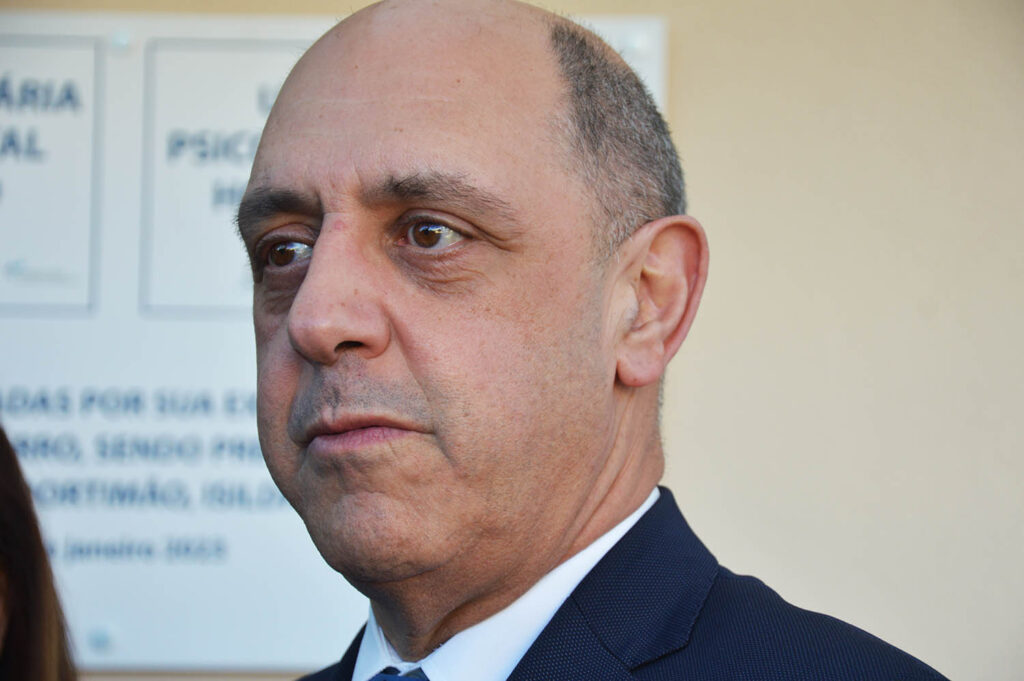The Minister of Health called today for a greater prescription of generic drugs, cheaper than branded ones, to reduce the fringe of the population that is unable to buy all prescribed drugs.
According to a study released today – Sustainable Health Index – one in every 10 Portuguese people did not buy some of the medicines prescribed by the doctor last year because of the cost, a value that increased compared to the previous year.
Speaking to journalists at the end of the study presentation ceremony at the Centro Cultural de Belém (Lisbon), Manuel Pizarro underlined that «there has not been an increase in the cost of medicines for people» as prices «have remained stable» , but, given the data disclosed, he recognized the importance of «encouraging a greater prescription of generic medicines».
«Unlike the inflation that affects so many sectors of national life, there has been no inflation in medicines, prices have remained stable», said the official, recognizing, however, that it is necessary to pay special attention to people with greater economic vulnerability to to “compensate” for this difficulty in purchasing medication.
He recalled that the reimbursement rates of people with less economic availability are higher than the general contribution rates, but underlined: “even so, whenever a study like this draws our attention to a problem, we have to study how we can reaching this sector of the population who, being a minority, must have the same right as everyone else” to resort to medication.
According to the Sustainable Health Index, developed by Nova Information Management School (Nova IMS), 89% of Portuguese people took some medicine prescribed by a doctor in 2022, but the cost of medicines meant that 10% chose not to buy any of the drugs prescribed.
According to the minister, in the first quarter of this year the prescription of generics reached 51,7%.
Asked about access to health care, namely the excessive use of emergencies, he acknowledged that it is a topic that needs “deep reflection”.
«For decades we have had an excessive influx of people to the emergency room», said the minister, recognizing the complexity of organizing a system that has an influx to the emergency room that is «almost double that of most European countries».
The official underlined that urgency must be reserved even for urgent cases and that the solution is to "ensure that people have an alternative space to the urgency that they can seek when they are in an acute illness situation", giving the example of what was done last winter, when there were weekends with «more than 230 primary health care spaces open to the population».
«This work is not done overnight because people need to be convinced that it is safe to go to health centers to seek care in an acute illness situation», he acknowledged.



















Comments